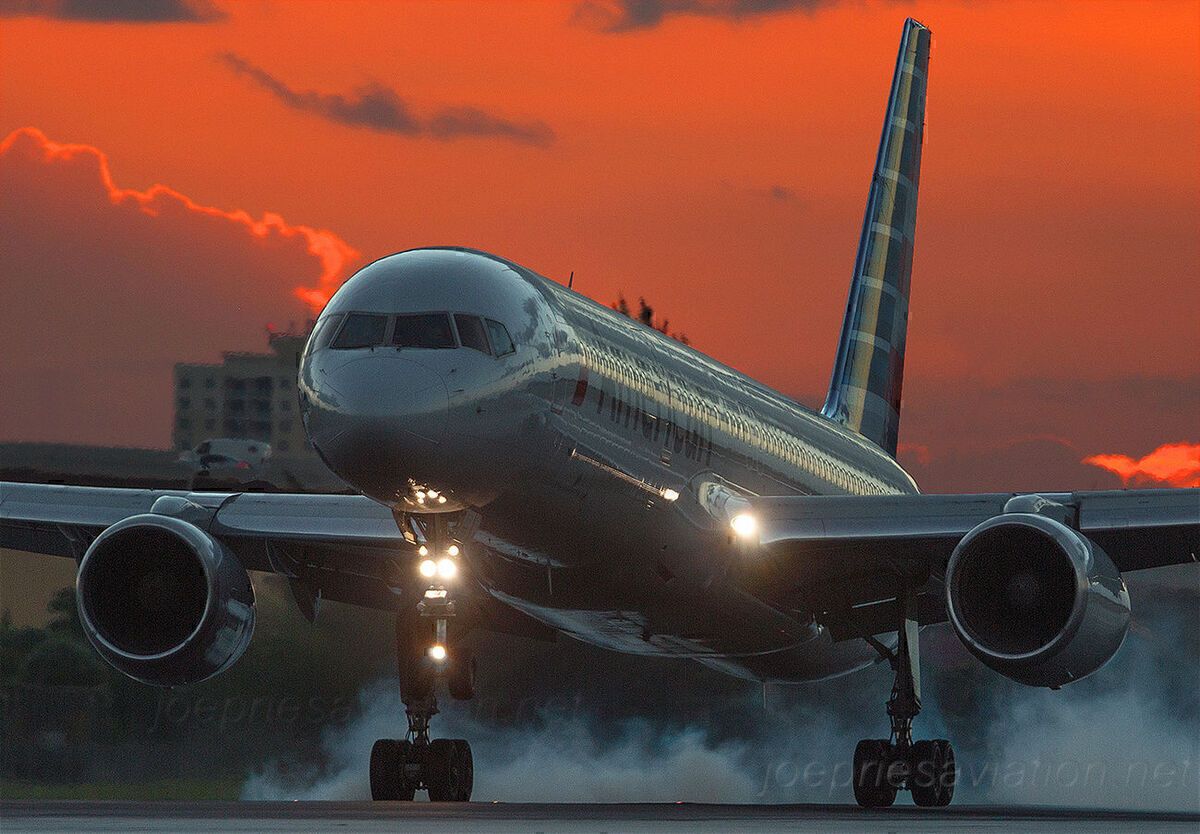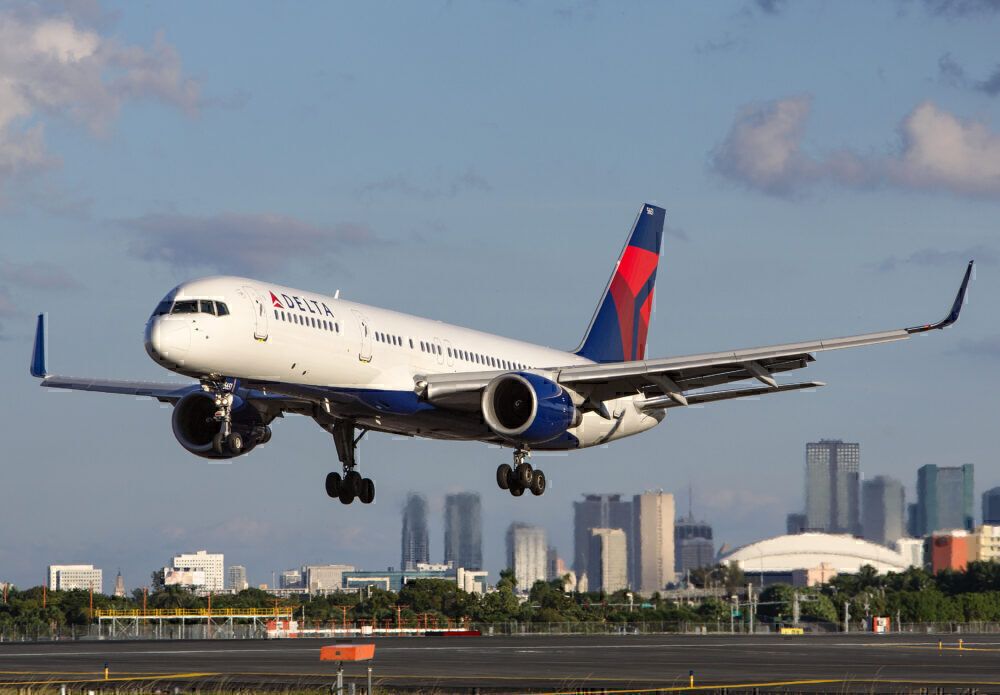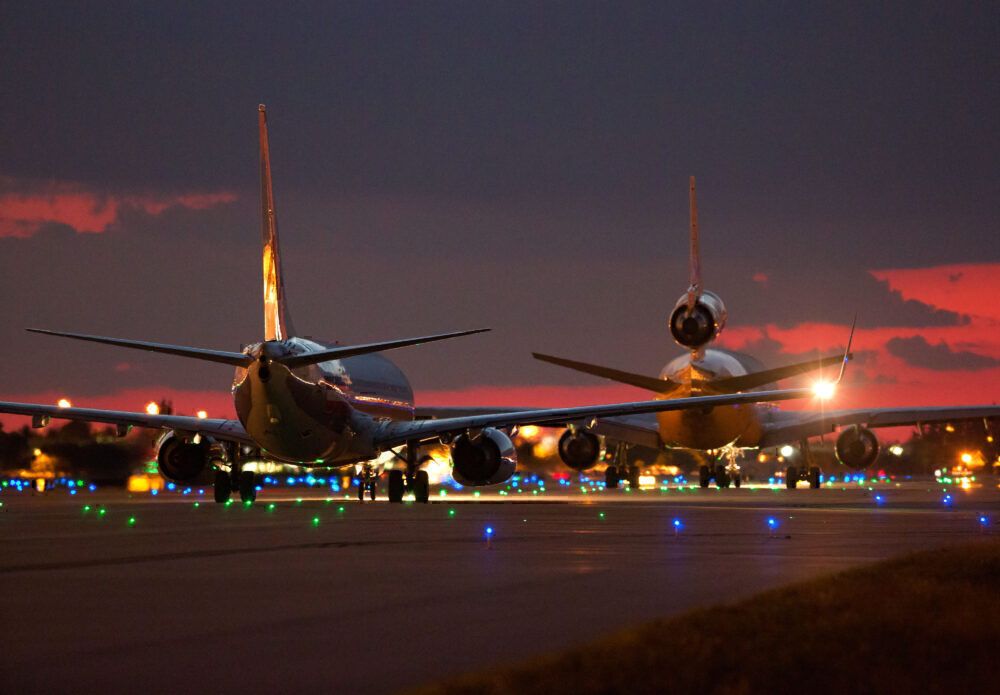A Federal Communications Commission (FCC) auction of 5G spectrum this month is sparking controversy. Some aviation industry insiders say there's a chance redeployed spectrum could pose a risk to aircraft coming into land.
The powerful government communications agency is paying satellite providers to surrender some of their C-band frequencies (specifically the 3.7–4.2 GHz band). The FCC is to auction these frequencies for commercial 5G use. The auction is scheduled to start next week.
"5G will boost our economy, create jobs, and bring people new wireless-powered services—like telehealth and remote learning—at a time where we’re seeing firsthand the benefits of this type of connectivity and the opportunities it enables," says Nick Ludlum, Senior Vice President and Chief Communications Officer at CTIA, a trade association representing the wireless communications industry in the United States.
Along with the FCC, CTIA argues that there is no safety risk to airlines from redeploying this bandwidth to 5G customers. But some aviation industry groups disagree.
Stay informed: Sign up for our daily aviation news digest.
Some industry groups argue bandwidth presents a safety risk to aircraft
The Radio Technical Commission for Aeronautics (RTCA) ran their own study on the proposal and published a report called "The Assessment of C-Band Mobile Telecommunications Interference Impact Low Range Radar Altimeter Operations." That report concluded;
"The results presented in this report reveal a major risk that 5G telecommunications systems in the 3.7–3.98 GHz band will cause harmful interference to radar altimeters on all types of civil aircraft.
"The results of the study performed clearly indicate that this risk is widespread and has the potential for broad impacts to aviation operations in the United States, including the possibility of catastrophic failures leading to multiple fatalities, in the absence of appropriate mitigations."
Airlines for America, a trade group that represents airlines, said in a statement;
"We encourage the FCC to reassess and better understand the interference risks associated with their proposal and make sure safety-critical aviation systems will continue to be protected.”
The concern among industry groups like RTCA and Airlines for America is that ground transmitters near airports to be used for 5G will interfere with aircraft electronics. But the FCC says there's enough of a buffer between bandwidth used by airlines and the bandwidth to be auctioned.
However, the RCTA study says the bandwidth up for auction is too close to that bandwidth used by airlines coming into land. The RCTA says altimeters could be confused by 5G signals from broadcast stations on the ground.
FCC keen to rollout bandwidth for 5G
Not everyone agrees with what RCTA says. In a Bloomberg report, CTIA, AT&T, and Verizon all said the RCTA study's findings were lacking and unsupported.
The problem for aviation industry groups against the auction is that there's a substantial push within the United States to harness the capabilities 5G offers. The FCC is leading the charge.
“Pushing more spectrum into the commercial marketplace is a key component of our 5G FAST plan to advance American leadership in the next generation of wireless connectivity," said FCC Chairman Ajit Pai last year.
The type of bandwidth up for auction this month is extremely valuable. It's scarce and in high demand from mobile-data providers who are likely to buy what's available.
Simple Flying has approached several US airlines for comment regarding this month's auction of bandwidth.



